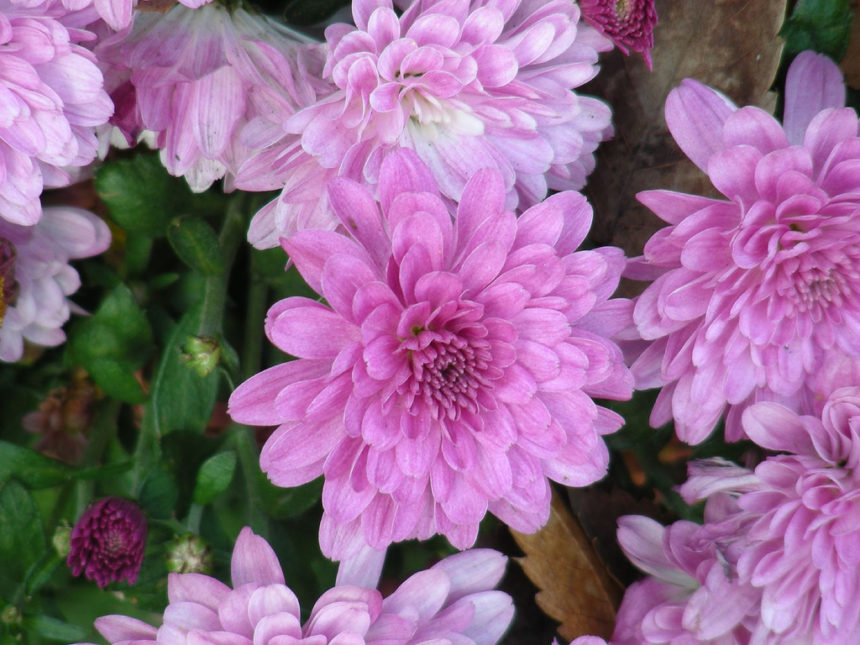April Floral Imports Highest of the Year
The Korea Animal and Plant Health Inspection and Quarantine Service (KAHS) will operate a special quarantine period for imported flowers and plants during the month of April. April is the peak import month for carnations and other flowering plants ahead of May, the month of the home season.
The quarantine headquarters has been tightening border inspections during periods of high importation of certain plants. In March, intensive quarantine was conducted on seedlings.
In April, imports of cut flowers such as carnations and chrysanthemums increase in anticipation of May’s Family Month, which includes Mother’s Day and Teacher’s Day, and is a time of high consumption. The main types of cut flowers imported are carnations, roses, chrysanthemums, tulips, hydrangeas, and dendrobiums. In April last year, 45.73 million pieces of flowers were imported, 185% higher than the monthly average of 24.69 million pieces in 2022.
During the special quarantine period, the quarantine headquarters will double the number of quarantine officers for on-site inspection of imported flowers and plants to closely inspect them for pests. The number of laboratory tests will also be doubled to strengthen quarantine.
“When pests are detected in imported flowers and disinfected, we will thoroughly manage compliance with the disinfection site, and use special judicial police officers (89) for plant quarantine to conduct intensive crackdowns on illegal activities of import and export plant control companies.”
Lee Jin-jin, head of the Plant Quarantine Division at the Quarantine Headquarters, said, “Operating a special quarantine period during the period when the volume of flower imports is high to prevent overseas pests from entering Korea will also contribute to the protection of the domestic flower industry.“
Source: nongmin.com
